After nearly two decades, Vietnam has achieved many achievements in trade and investment, not only helping to enhance the country's position in the global value chain but also clearly demonstrating its commitment to international integration.
World Trade Organization (WTO) headquarters in Geneva, Switzerland.
On November 7, 2006, Vietnam officially signed the Protocol of Accession to the World Trade Organization (WTO) in Geneva, Switzerland.
On January 11, 2007, Vietnam's rights and obligations as a WTO member officially took effect. This was an important milestone, opening a new stage of development in the context of global economic integration.
After nearly two decades, Vietnam has achieved many achievements in trade and investment, not only helping to enhance the country's position in the global value chain but also clearly demonstrating Vietnam's strong commitment to international integration.
An important milestone in the process of international economic integration
The World Trade Organization is the only international organization that regulates global trade rules.
Officially established on January 1, 1995, the WTO's main mission is to promote free and fair trade between countries, reduce trade barriers, and support members' economic development.
Currently, the WTO has 165 member countries, accounting for more than 90% of global trade. WTO agreements cover six main areas: trade in goods, services, intellectual property rights, dispute settlement, trade policy review, and the WTO's founding agreements.
The WTO's operating principles, such as non-discrimination, transparency and fairness, have encouraged member countries to open their markets, while creating conditions for domestic enterprises to have the opportunity to compete internationally.
The development of the WTO also promotes sustainable development among members, improves the legal basis and perfects the economic and financial systems in accordance with integration requirements.
Vietnam's WTO accession process lasted more than a decade, from 1995-2006.
To become an official member, Vietnam must go through many complex bilateral and multilateral negotiations, and adjust many legal regulations and economic reforms to meet WTO requirements.
On November 7, 2006, Vietnam officially signed the Protocol on Accession to the WTO in Geneva, marking an important milestone in the country's international economic integration process.
As of January 11, 2007, Vietnam's rights and obligations as a WTO member officially came into effect.
On the morning of January 11, 2007, at the headquarters of the World Trade Organization (WTO) in Geneva (Switzerland), a banner reading "Welcome Vietnam" was hung in English, French, and Spanish, when Vietnam officially became the 150th member of the world's largest trade organization.
The decision to join the WTO not only opens a new era in Vietnam's international trade relations but also brings great opportunities for domestic enterprises.
Vietnam has a foundation for deeper economic policy reform, expanding export markets, and improving competitiveness. At the same time, this process also requires Vietnamese enterprises to improve product quality and better prepare to meet the high standards of the international market.
Vietnam affirms its position
After joining the WTO, Vietnam has gone through a turbulent journey but also achieved proud achievements.
Efforts in opening up the economy, reforming institutions and enhancing international cooperation have brought Vietnam not only remarkable growth in trade, but also helped attract large foreign investment sources, contributing to changing the face of Vietnam's economy, helping Vietnam gain a solid position in the region and globally.
Promote international economic cooperation and expand export markets
Since joining the WTO, Vietnam has achieved remarkable achievements in trade. Vietnam's export turnover has grown strongly, from over 48 billion USD in 2007 to over 371 billion USD in 2022 (a record export year), nearly 8 times higher than at the time of accession.
Vietnam is currently among the 20 economies with the largest trade scale in the world, maintaining a continuous trade surplus over the past eight years, with the trade surplus increasing from 1.77 billion USD in 2016 to a record level of over 28 billion USD in 2023.
The structure of Vietnam's export goods has also shifted strongly from agricultural and aquatic products to processed industrial and high-tech products.
In 2023, the export turnover of processed and manufactured industrial products will account for 85% of the total export turnover. Products such as phones, electronic components, machinery, equipment and textiles will become Vietnam's key export items, contributing positively to trade achievements and enhancing the competitiveness of Vietnamese enterprises in the international market.
Joining the WTO not only promotes trade growth but also expands economic cooperation and diversifies export markets for Vietnam.
As of October 2024, Vietnam has signed and implemented 17 FTAs and is negotiating two others. Of these, new-generation FTAs, including the Vietnam-EU Free Trade Agreement (EVFTA) and the Comprehensive and Progressive Agreement for Trans -Pacific Partnership (CPTPP), have helped Vietnam gain deeper access to major markets, thereby improving the competitiveness of export goods.
According to the General Statistics Office, in 2023, bilateral trade turnover between Vietnam and the EU will reach 72.3 billion USD. Vietnam is currently the EU's largest trading partner in ASEAN.
Besides, trade with the US, Japan, South Korea and China also recorded many advances, making Vietnam an important trade partner in the Asia-Pacific region.
Thanks to market expansion, Vietnamese enterprises have had the opportunity to improve products, enhance quality and meet increasingly stringent international standards.
Strengthening foreign direct investment (FDI) attraction
Joining the WTO has opened the door to attracting foreign direct investment (FDI) into Vietnam, helping Vietnam quickly become an attractive destination for international investors.
In 2008, the amount of FDI capital registered in Vietnam reached 64 billion USD, three times higher than in 2007.
By 2023, registered FDI capital in Vietnam will reach 36.6 billion USD, making Vietnam one of the leading FDI attracting countries in the world.
FDI enterprise specializing in manufacturing electronic components, creating stable jobs for nearly 2,000 workers.
FDI contributes significantly to the industrialization and modernization process, helping Vietnam participate more deeply in the global supply chain and creating millions of new jobs for workers.
Large corporations in the high-tech sector such as Samsung, Intel, LG and Foxconn have chosen Vietnam as a production base, creating momentum to promote supporting industries and technological innovation.
FDI capital also brings long-term benefits, improving production capacity and enhancing the management level of domestic enterprises, thereby helping Vietnam gradually become an important link in the global value chain.
Improve the legal system and economic institutions
Joining the WTO has promoted strong reforms in Vietnam's legal system and economic institutions. The Government has made efforts to amend and improve many legal regulations on investment, trade and import and export, in order to create favorable conditions for domestic enterprises and attract foreign investment capital.
These reforms have helped increase transparency in economic management, improve the business environment and enhance Vietnam's position in the international arena.
According to the assessment and ranking of the World Economic Forum (WEF), in the 10 years from 2007 to 2017, Vietnam's Global Competitiveness Index (GCI) improved 13 places, moving from the bottom half of the global competitiveness rankings to the top half.
In 2019, Vietnam's GCI ranking increased by 10 places compared to 2018, ranking 67th out of 141 economies. After 2019, WEF did not publish new data due to the impact of the COVID-19 pandemic, however, the previous rankings and scores showed Vietnam's strong progress.
In addition to economic indicators, according to the United Nations' survey and assessment, Vietnam's Sustainable Development Index (SDG) has continuously increased, from 88th in 2016 to 49th in 2020 and 55th in 2022 (the decrease in ranking is due to changes in calculation methods).
In the 2023 global SDG rankings, Vietnam ranked 54th out of 166 countries, with an overall score of 73.3, significantly higher than the average for Asia and ASEAN.
Achievements in trade, investment and legal reform are clear evidence that Vietnam is effectively taking advantage of opportunities from the WTO to build a foundation for sustainable development for the future.
However, besides outstanding achievements, the integration process also poses many challenges for Vietnam.
Lowering tariffs and opening domestic markets makes competition at the product level (goods and services) more intense.
In particular, when participating deeply in the global value chain, Vietnam has to face the problem of trade defense from large markets such as the United States and the European Union. This requires businesses to improve their legal capacity and product quality to meet the requirements of trade partners.
For sustainable development, according to experts, Vietnam needs to strengthen its trade defense capacity by providing professional training for officials and businesses, and establishing an early warning mechanism to forecast risks from major markets.
In addition, converting the production model from processing to products with high technology content and added value will help domestic enterprises reduce dependence on imported raw materials, improve competitiveness and minimize the impact of changes in international trade policies...
Thus, after 18 years of joining the WTO, Vietnam has risen to become one of the most open economies in the world, affirming its active role in the global value chain.
Although there are still many challenges ahead, with support solutions from the Government and efforts from businesses, we believe that we can continue to maintain sustainable growth momentum and continue to affirm our economic position in the international arena./.
According to Vietnam+
Source: https://baobinhduong.vn/18-nam-viet-nam-gia-nhap-wto-hanh-trinh-hoi-nhap-va-phat-trien-a334721.html


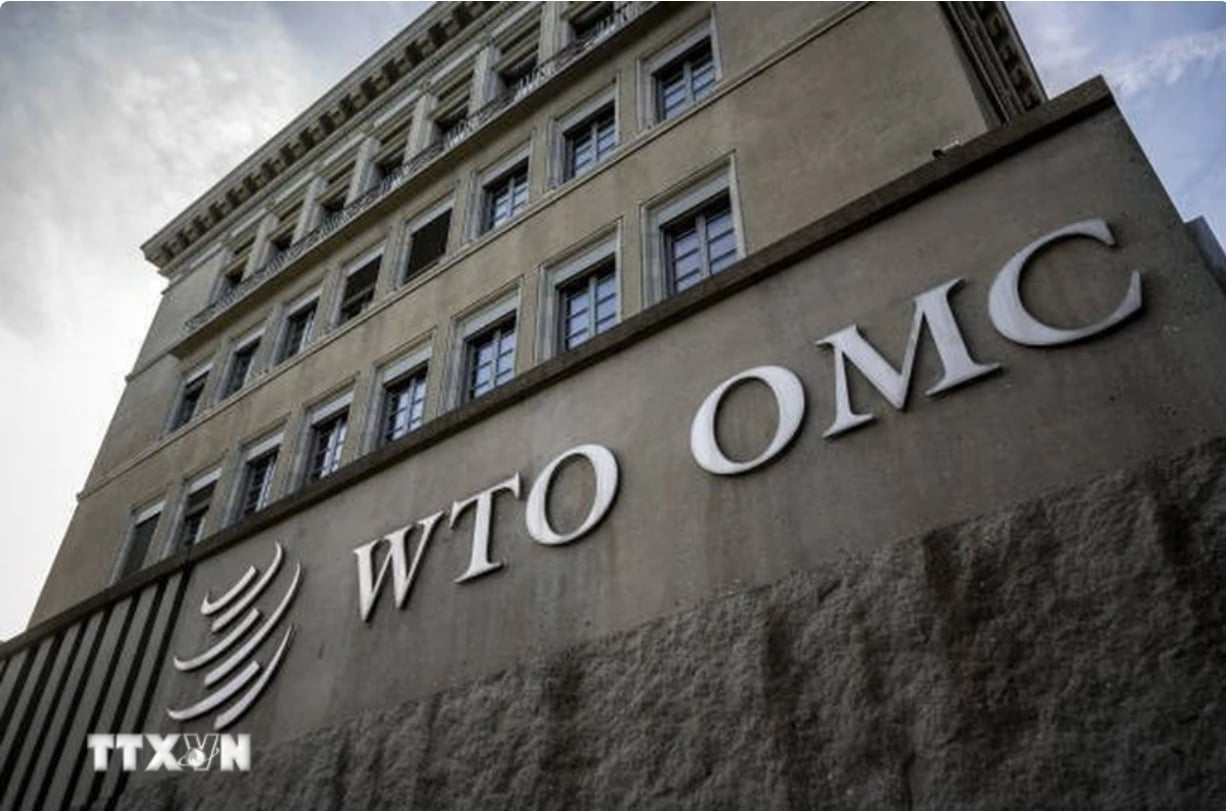
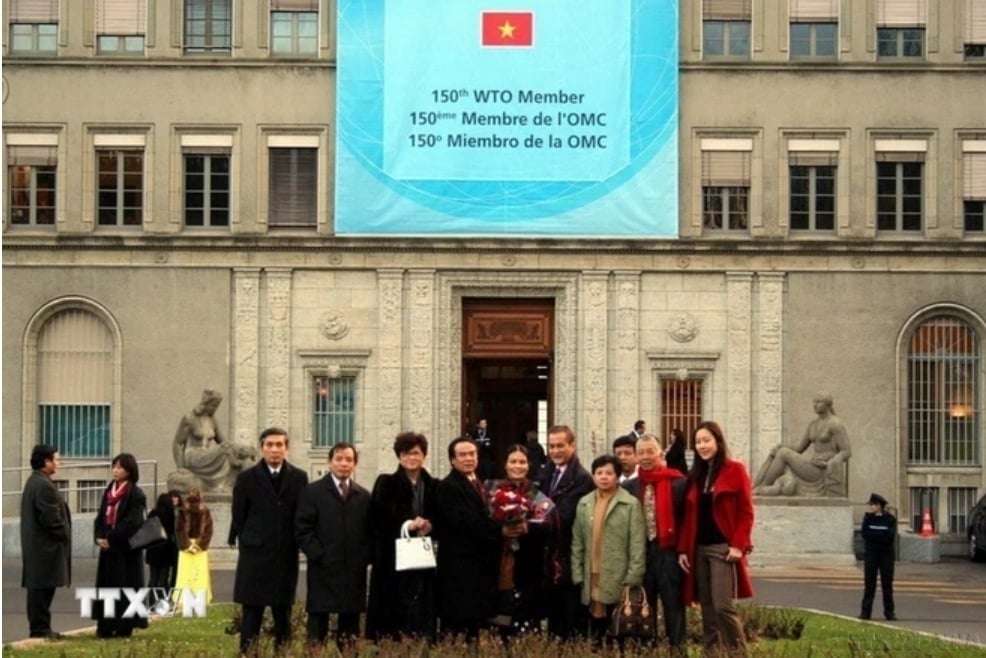
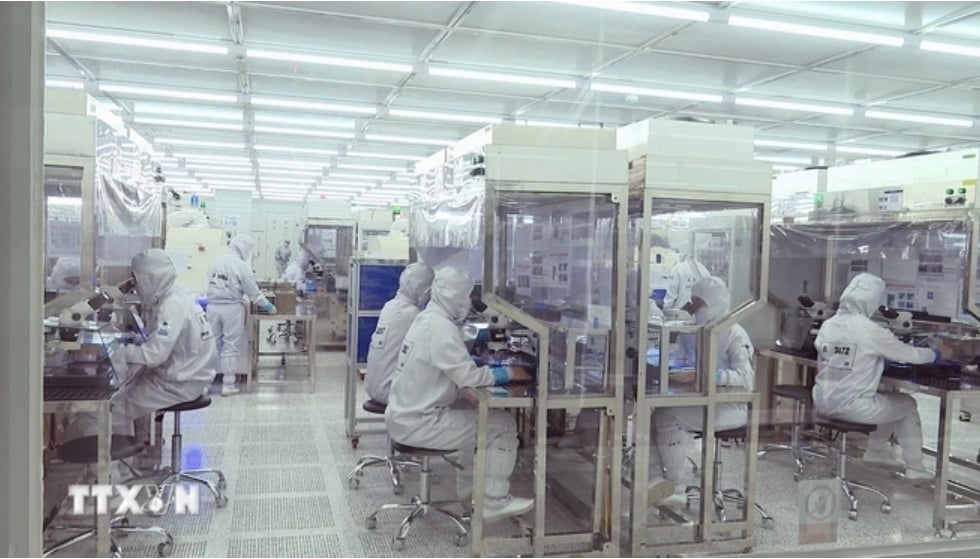



![[Photo] Discover unique experiences at the first World Cultural Festival](https://vphoto.vietnam.vn/thumb/1200x675/vietnam/resource/IMAGE/2025/10/11/1760198064937_le-hoi-van-hoa-4199-3623-jpg.webp)


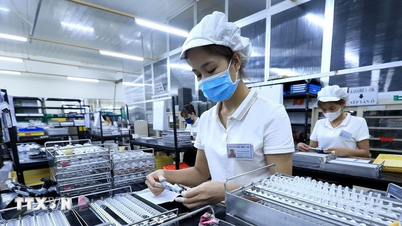
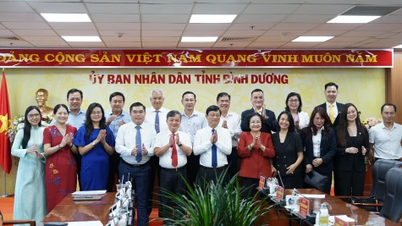

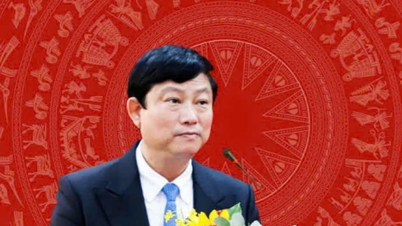
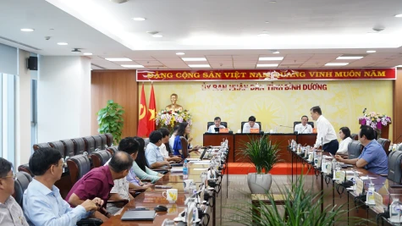






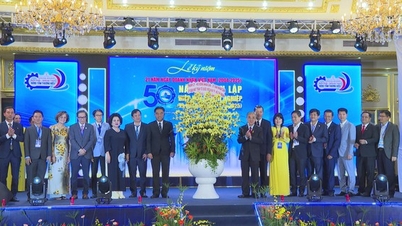





![[Photo] General Secretary attends the parade to celebrate the 80th anniversary of the founding of the Korean Workers' Party](https://vphoto.vietnam.vn/thumb/1200x675/vietnam/resource/IMAGE/2025/10/11/1760150039564_vna-potal-tong-bi-thu-du-le-duyet-binh-ky-niem-80-nam-thanh-lap-dang-lao-dong-trieu-tien-8331994-jpg.webp)
























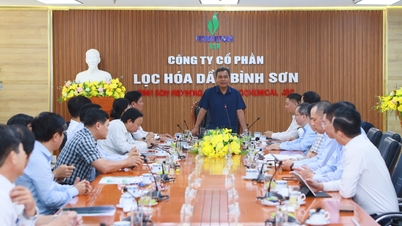








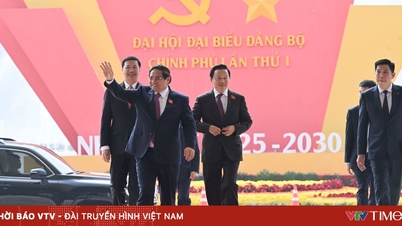


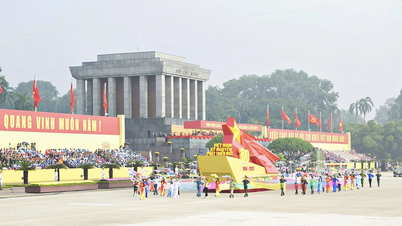








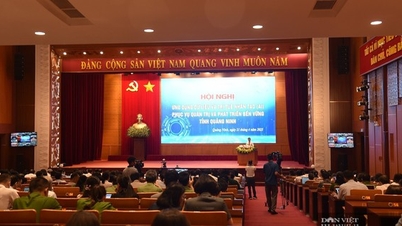
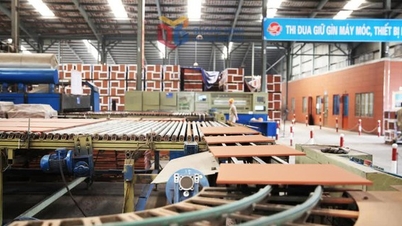
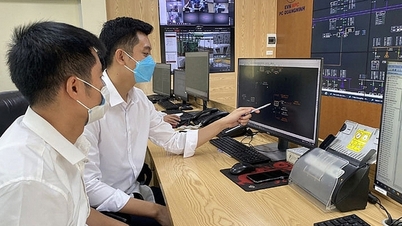
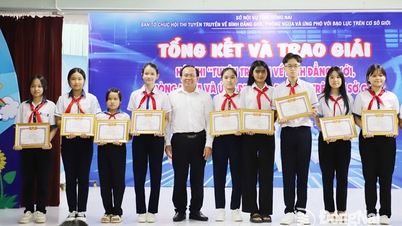

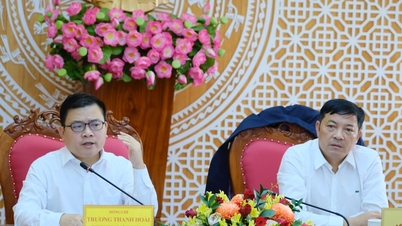





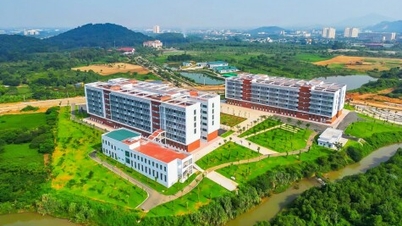


















Comment (0)